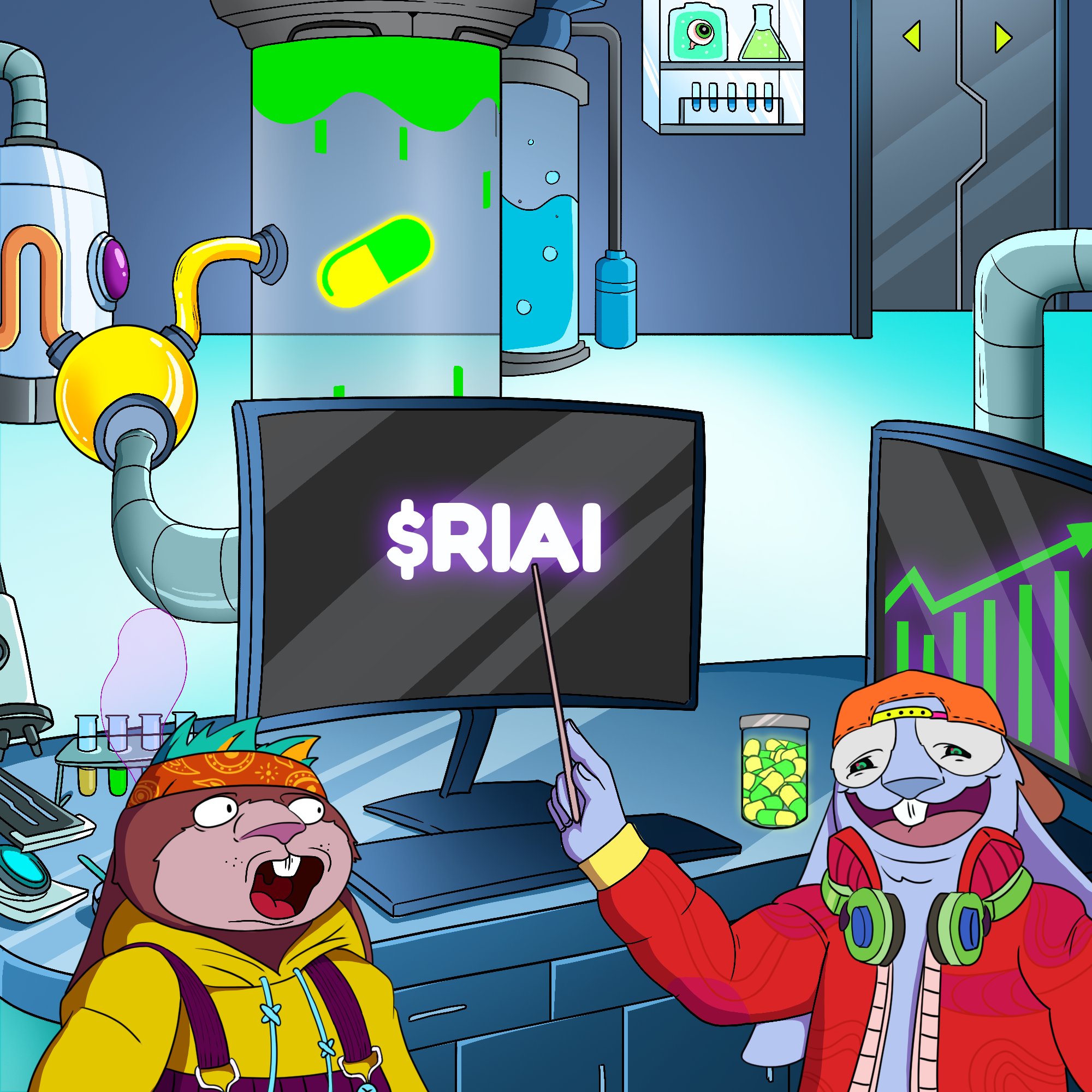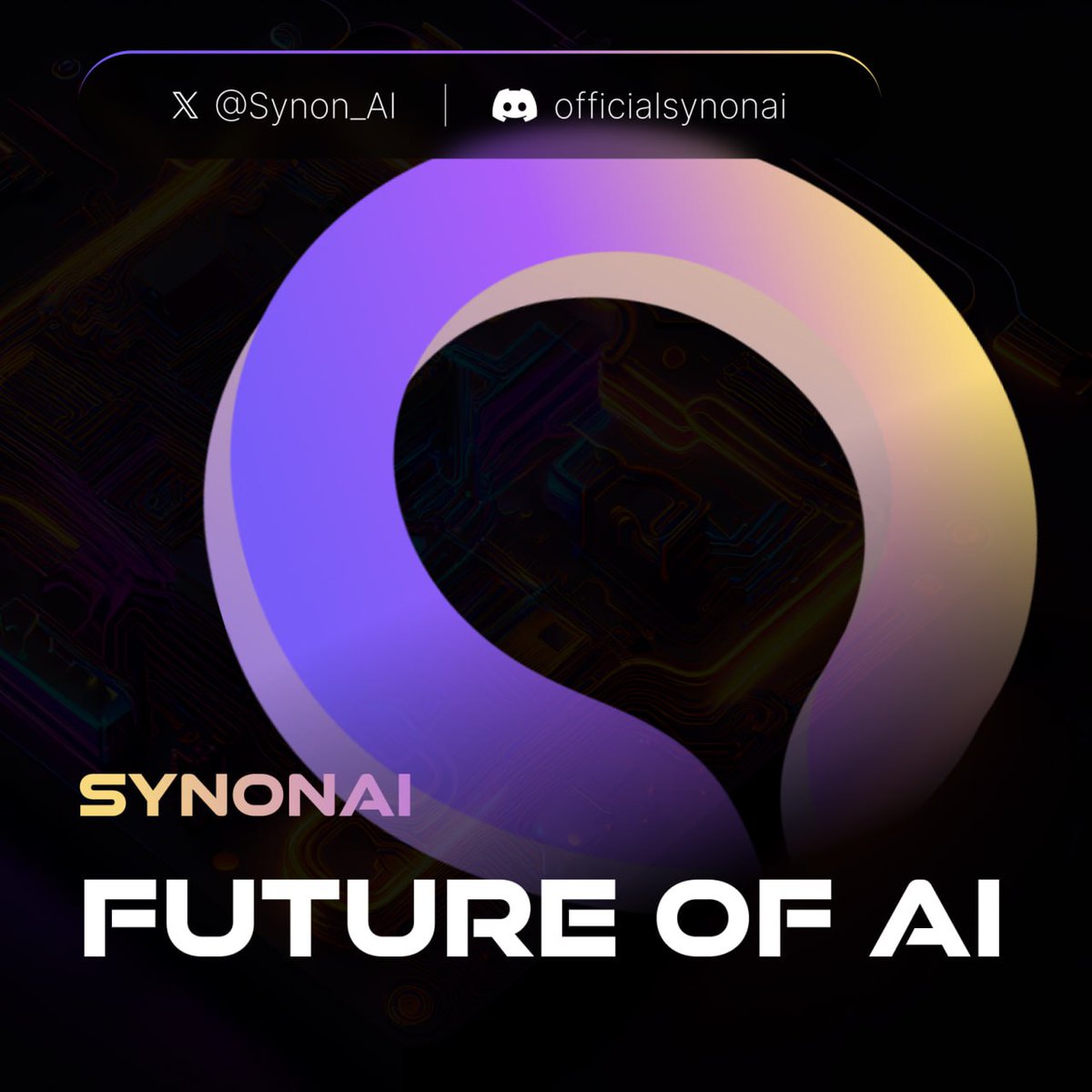The intersection of artificial intelligence (AI) and blockchain technology is rapidly advancing, with platforms like Kira Nexus, RabitiAI, and SynonAI leading the charge. These innovators are redefining decentralized AI computing by harnessing blockchain’s transparency and security to deliver scalable AI solutions. This article offers a detailed comparison of Kira Nexus, RabitiAI, SynonAI, focusing on their technologies, applications, strengths, and challenges to guide investors, developers, and AI enthusiasts in making informed choices.
1. Introducing Kira Nexus, RabitiAI, and SynonAI
Kira Nexus: AI-Blockchain Framework

Kira Nexus establishes itself as a comprehensive AI platform for Web3, driven by its native token, $KLAI. It focuses on embedding AI capabilities into the decentralized web, providing tools and services for seamless AI integration into decentralized applications (dApps).
Key Features:
- AI Integration: Offers infrastructure to incorporate AI into Web3 applications.
- Decentralized Marketplace: Creates a space for AI services, enabling developers and businesses to access or provide AI solutions.
- Token Rewards: Uses $KLAI to encourage participation within its ecosystem.
RabitiAI: Consumer-Centric AI Layer

RabitiAI positions itself as a next-gen decentralized artificial intelligence consumer layer, linking consumers, creators, and open-source researchers. Unlike Kira Nexus, it emphasizes personalization and AI-human engagement, fostering an open ecosystem for collaboration and innovation.
Key Features:
- Decentralized AI Engagement: Prioritizes privacy-first personalization through decentralized data processing.
- AI Agents: Employs advanced machine learning for intelligent, user-focused agents.
- Community Collaboration: Promotes innovation among consumers, creators, and researchers.
Join RabitiAI Presale Now
SynonAI: AI-Tailored Blockchain

SynonAI, a standout SynonAI decentralized AI platform, is a Layer 1 blockchain optimized for AI applications. It leverages GPU power for decentralized computing and advanced AI model training, bridging AI and blockchain seamlessly.
Key Features:
- GPU-Driven Computing: Harnesses GPU resources for efficient AI processing.
- Decentralized AI Training: Supports secure, scalable AI model training in a decentralized setup.
- AI-Driven dApps: Enables the creation and deployment of AI-powered decentralized applications.
Join SynonAI Presale Now
2. Technology and Infrastructure Comparison
The table below outlines the technical strengths of each platform:
| Feature | Kira Nexus | RabitiAI | SynonAI |
|---|---|---|---|
| Blockchain | Ethereum: Integrates AI into Web3 apps. | Ethereum: Links consumers, creators, researchers. | Ethereum: Layer 1 blockchain for AI apps. |
| Consensus Mechanism | Uses token incentives for participation. | Relies on decentralized processing for privacy. | Employs GPU-powered consensus for AI tasks. |
| AI Specialization | Focuses on AI integration in dApps. | Specializes in AI-human interaction and personalization. | Optimized for on-chain AI training and dApps. |
| Developer Focus | Targets developers embedding AI in dApps. | Appeals to AI researchers and consumer-focused developers. | Suits developers of AI-driven blockchain apps. |
| Security & Privacy | Ensures data integrity via smart contracts. | Prioritizes privacy with decentralized data processing. | Uses sovereign hyperchains to secure AI models. |
3. Applications and Use Cases
Kira Nexus: Web3 AI Integration
Kira Nexus excels in:
- Decentralized Apps (dApps): Enables developers to enhance dApps with AI features for better user experiences.
- AI Service Marketplace: Allows businesses to offer or access AI solutions in a decentralized environment.
- Web3 Improvements: Boosts Web3 platforms with AI tools, making them smarter and more responsive.
RabitiAI: Personalized AI Engagement
RabitiAI targets:
- Smart Assistants: Builds AI agents for intelligent, tailored user interactions.
- Decentralized Marketplaces: Connects AI researchers and developers with consumers for collaboration.
- User Privacy: Ensures privacy-preserving personalization through decentralized processing.
SynonAI: AI-Optimized Blockchain Solutions
SynonAI is ideal for:
- AI-Powered dApps: Supports developers in creating decentralized apps with on-chain AI capabilities.
- Decentralized AI Training: Facilitates secure, scalable AI model training in a decentralized framework.
- Autonomous AI Networks: Enables blockchain networks where AI models interact independently.
4. Strengths and Challenges
Each platform brings distinct advantages but also faces hurdles:
| Project | Advantages | Challenges |
|---|---|---|
| Kira Nexus | Integrates AI into Web3, offers a decentralized AI marketplace. | Needs broad developer adoption to maximize impact. |
| RabitiAI | Focuses on personalized AI with privacy-first processing. | Scaling personalized AI while maintaining privacy is complex. |
| SynonAI | Provides AI-optimized blockchain with GPU efficiency. | High computational costs of GPU-powered consensus. |
Conclusion
Kira Nexus, RabitiAI, and SynonAI each offer distinct approaches to merging AI with blockchain in blockchain AI platforms 2025. Kira Nexus excels in Web3 AI integration, RabitiAI prioritizes personalized AI interactions, and SynonAI optimizes blockchain for artificial intelligence applications. Choosing between them depends on the specific goals of developers, businesses, and researchers. By understanding their technologies, use cases, and challenges through this decentralized AI comparison, stakeholders can make strategic decisions. Staying updated on industry trends will be key to navigating the fast-evolving AI-blockchain space.

